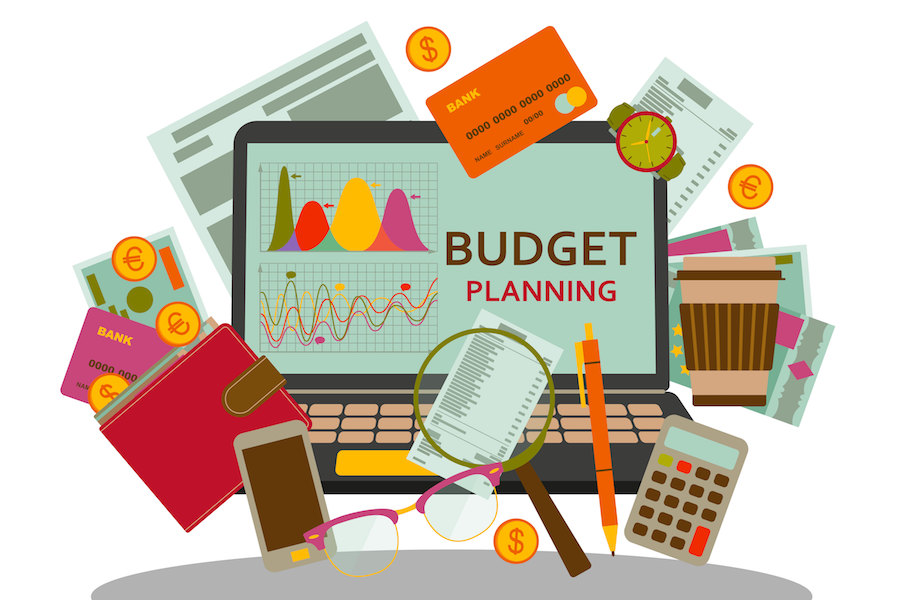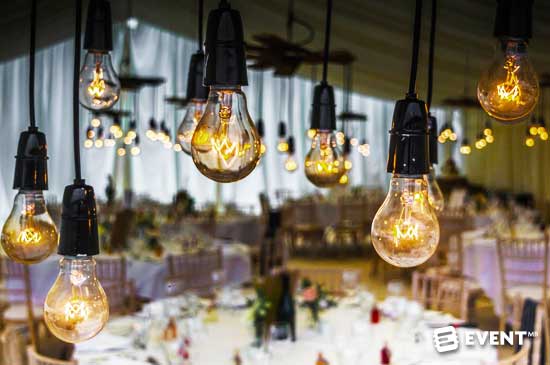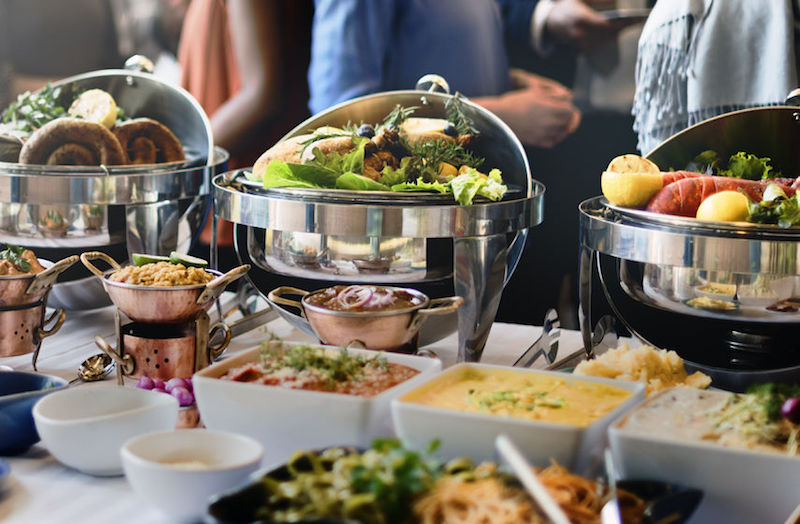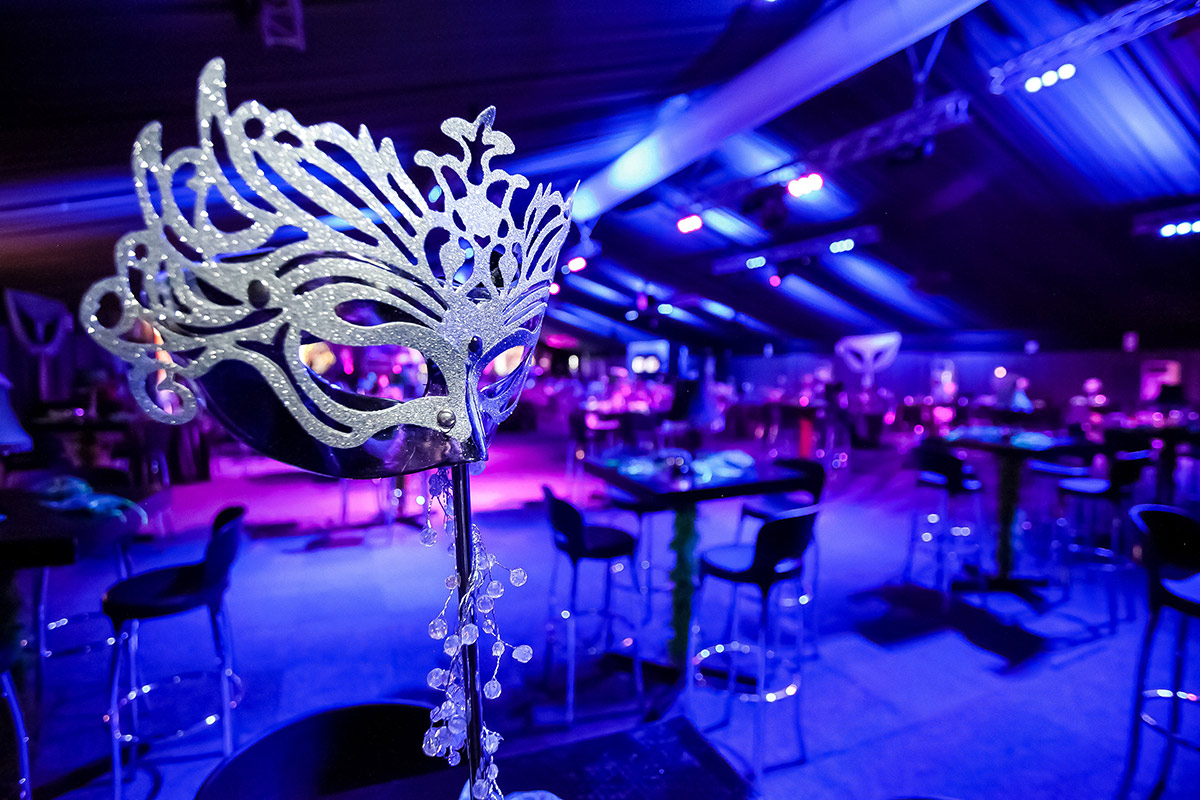Event planning is an intricate and rewarding process that involves orchestrating various elements to create memorable experiences. Whether you’re organizing a wedding, a corporate conference, a charity gala, or a birthday party, mastering the fundamentals of event planning guide is crucial for success. In this comprehensive guide, we’ll explore the essential aspects of event planning guide, from budgeting to marketing, and everything in between.
1. Event Planning Basics
Event planning encompasses a wide range of responsibilities, and success starts with understanding the fundamentals.
Define Your Event’s Purpose:
Before diving into the details, clarify the purpose of your event. Is it meant for celebration, networking, education, fundraising, or something else? Understanding the primary goal will guide all your planning decisions.
Create a Vision and Theme:
Develop a clear vision for your event and choose a theme that aligns with your objectives. The theme sets the tone, informs decor choices, and helps in marketing.
Set a Date and Time:
Selecting an appropriate date and time is critical. Consider factors like the availability of your target audience, season, and potential competition from other events.
Establish a Budget:
Event budgeting is a crucial aspect that deserves a closer look.

2. Event Budgeting
Creating and managing a budget is the cornerstone of event planning guide. Without a well-thought-out budget, your event may run into financial troubles.
Identify Income Sources:
Determine how you’ll fund your event. This can include ticket sales, sponsorships, grants, or personal contributions.
List Expenses:
Make a comprehensive list of all anticipated expenses, including venue rental, catering, decorations, entertainment, marketing, staff, and more.
Allocate Funds:
Prioritize expenses and allocate funds accordingly. Ensure you have a contingency fund for unexpected costs.
Track Expenses Closely:
Throughout the planning process, keep a close eye on your expenses. Use budgeting software or spreadsheets to stay organized.

3. Event Timeline and Checklist
An event timeline and checklist are essential tools to keep you organized and ensure you don’t miss critical deadlines.
Create a Timeline:
Start with the event date and work backward, listing all tasks and deadlines. Include when to book the venue, send invitations, confirm vendors, and more.
Delegate Responsibilities:
Assign specific tasks to your team or volunteers. Clear delegation helps distribute the workload and ensures nothing falls through the cracks.
Regularly Review and Update:
As the event date approaches, regularly review your timeline and checklist to stay on track. Adjust as necessary.

4. Event Venue Selection
Choosing the right venue is a pivotal decision that can greatly impact the success of your event.
Consider Capacity:
Ensure the venue can comfortably accommodate your expected guest count. Avoid overcrowding or having a too-large space for a small event.
Location and Accessibility:
Select a venue that is convenient and accessible for your attendees. Consider proximity to transportation, parking, and amenities.
Amenities and Services:
Evaluate what the venue offers in terms of facilities, equipment, and services. Some venues provide catering, audiovisual equipment, and decorations.
Cost and Contracts:
Understand the venue rental costs, including any additional fees. Review the contract carefully, paying attention to cancellation policies and insurance requirements.

5. Event Catering and Menu Planning
Food and beverages play a significant role in many events, so thoughtful catering and menu planning are essential.
Dietary Restrictions:
Consider dietary restrictions and preferences of your guests. Ensure there are options for vegetarians, vegans, and individuals with allergies.
Menu Selection:
Choose a menu that aligns with your event’s theme and purpose. Buffet, plated dinner, or food stations – select the style that suits your event best.
Taste Testing:
Before finalizing your menu, schedule a taste test with your chosen caterer to ensure the quality and flavor meet your expectations.
Beverage Options:
Decide on the types of beverages you’ll offer, including alcoholic and non-alcoholic options. Plan for a well-stocked bar if applicable.

6. Event Decor and Theme Ideas
The decor and theme of your event set the ambiance and make a lasting impression on attendees.
Select a Theme:
Based on your event’s purpose, choose a theme that resonates with your audience. It could be elegant, casual, tropical, vintage, or anything else that suits your vision.
Decor Elements:
Consider decor elements like lighting, table settings, centerpieces, and signage. Ensure they align with your chosen theme.
DIY vs. Professional Decorators:
Decide whether you’ll handle decor on your own or hire professional decorators. The choice may depend on your budget and the complexity of your theme.
Guest Experience:
Think about how decor can enhance the guest experience. Create Instagram-worthy photo spots, comfortable lounging areas, and engaging displays.

7. Event Marketing and Promotion
Effective marketing and promotion are key to attracting attendees and creating buzz around your event.
Develop a Marketing Plan:
Outline a marketing strategy that includes social media promotion, email marketing, content creation, and partnerships with influencers or sponsors.
Create Compelling Content:
Generate engaging content that highlights the value of attending your event. Use videos, images, and storytelling to captivate your audience.
Leverage Ticketing Platforms:
Utilize online ticketing platforms to streamline registration and ticket sales. These platforms often offer marketing tools as well.
Engage Attendees:
Engage with your audience before, during, and after the event through social media, contests, and surveys. Encourage them to share their experiences.

Conclusion
Event planning guide is a dynamic and multifaceted field that requires meticulous attention to detail, creativity, and effective organization. By mastering the basics, including budgeting, timelines, venue selection, catering, decor, and marketing, you can set the stage for a successful and unforgettable event. Remember that each event is unique, so adapt these principles to fit your specific goals and audience to ensure a seamless and memorable experience for all.
